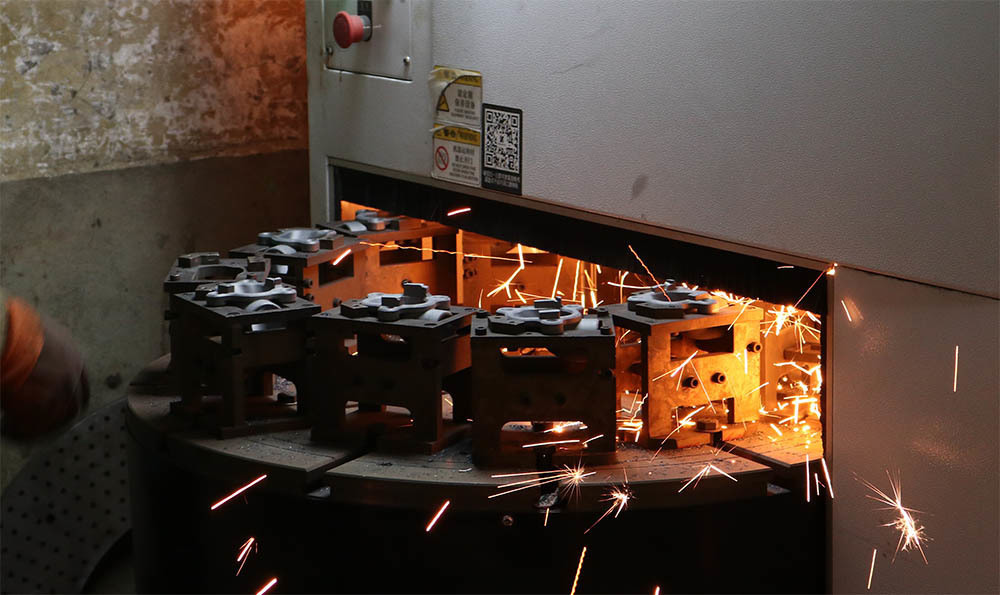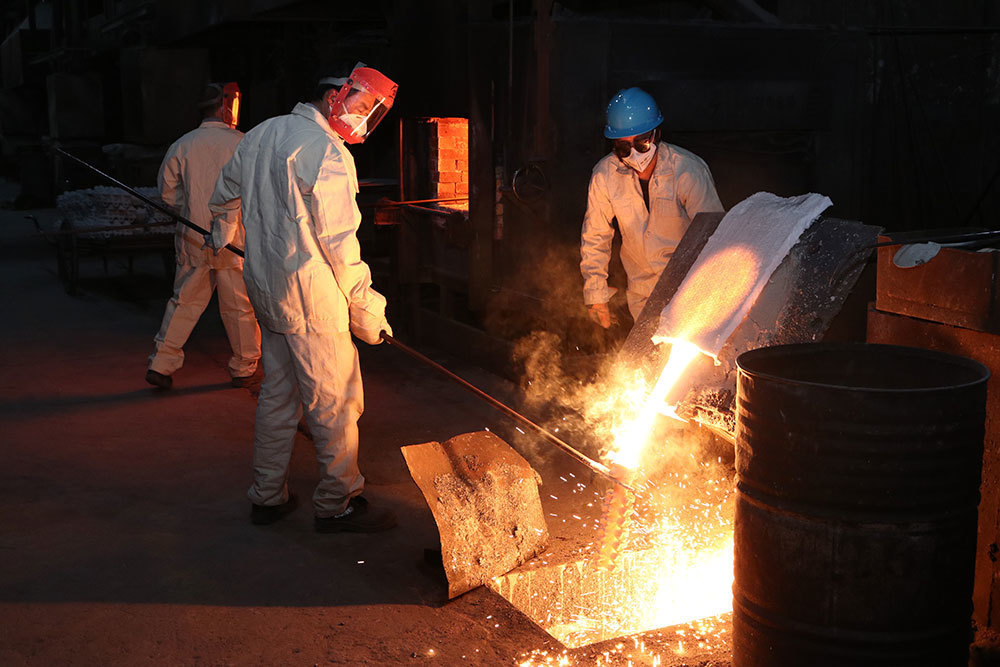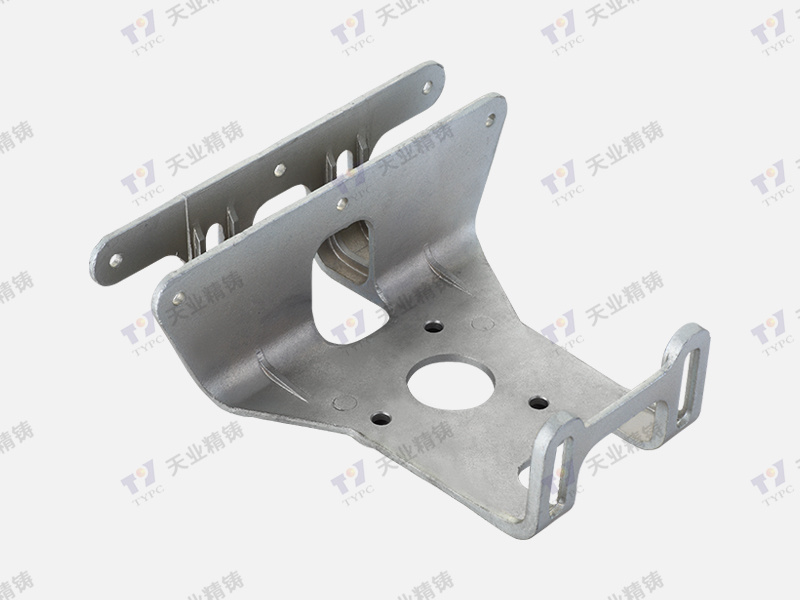2025-04-04
Exploring the Advantages of Copper Alloy Die Castings in Automotive Electrical Components
Copper alloy die castings are gaining popularity in the automotive sector due to their unique properties, which provide significant advantages in performance, durability, and efficiency. Unlike traditional aluminum die castings, copper alloys exhibit superior electrical conductivity, making them ideal for various automotive applications, especially in electronic and electrical components.
One of the primary benefits of copper alloy die castings is their excellent thermal and electrical conductivity. As vehicles become increasingly reliant on electronic systems, the demand for materials that can efficiently conduct electricity while dissipating heat becomes critical. Copper alloys stand out in this regard, ensuring that automotive electrical components operate smoothly and efficiently, which is essential to avoid overheating and potential failures.
Moreover, the mechanical properties of copper alloys contribute to the longevity and reliability of automotive components. These alloys typically offer higher strength and corrosion resistance compared to alternative materials. This durability is particularly important in automotive applications, where components are often exposed to harsh environmental conditions, including moisture, chemicals, and temperature fluctuations. Utilizing copper alloy die castings can thus extend the lifespan of electrical components, reducing maintenance costs and improving overall vehicle reliability.
In addition to performance-related benefits, the manufacturing process of copper alloy die castings allows for intricate designs and precision engineering. The die casting process enables manufacturers to create complex geometries and tight tolerances, which are crucial for the functionality of automotive electrical parts. This capability not only leads to enhanced performance but also encourages innovation in design, allowing engineers to develop more compact and efficient components.
However, there are considerations to keep in mind when using copper alloy die castings in automotive applications. Cost can be a factor, as copper alloys may be more expensive than traditional materials. Additionally, the weight of copper can influence the overall weight of automotive components, which is a critical factor in modern automotive design aimed at improving fuel efficiency. Manufacturers must weigh these factors against the benefits to determine the best material choice for their specific applications.
In conclusion, copper alloy die castings present a compelling option for the automotive electronics sector, offering superior electrical conductivity, mechanical strength, and design flexibility. As the industry continues to evolve with increasing demands for efficient and reliable electrical systems, the role of copper alloys will likely become even more significant, driving innovation and performance in automotive electrical components.
One of the primary benefits of copper alloy die castings is their excellent thermal and electrical conductivity. As vehicles become increasingly reliant on electronic systems, the demand for materials that can efficiently conduct electricity while dissipating heat becomes critical. Copper alloys stand out in this regard, ensuring that automotive electrical components operate smoothly and efficiently, which is essential to avoid overheating and potential failures.
Moreover, the mechanical properties of copper alloys contribute to the longevity and reliability of automotive components. These alloys typically offer higher strength and corrosion resistance compared to alternative materials. This durability is particularly important in automotive applications, where components are often exposed to harsh environmental conditions, including moisture, chemicals, and temperature fluctuations. Utilizing copper alloy die castings can thus extend the lifespan of electrical components, reducing maintenance costs and improving overall vehicle reliability.
In addition to performance-related benefits, the manufacturing process of copper alloy die castings allows for intricate designs and precision engineering. The die casting process enables manufacturers to create complex geometries and tight tolerances, which are crucial for the functionality of automotive electrical parts. This capability not only leads to enhanced performance but also encourages innovation in design, allowing engineers to develop more compact and efficient components.
However, there are considerations to keep in mind when using copper alloy die castings in automotive applications. Cost can be a factor, as copper alloys may be more expensive than traditional materials. Additionally, the weight of copper can influence the overall weight of automotive components, which is a critical factor in modern automotive design aimed at improving fuel efficiency. Manufacturers must weigh these factors against the benefits to determine the best material choice for their specific applications.
In conclusion, copper alloy die castings present a compelling option for the automotive electronics sector, offering superior electrical conductivity, mechanical strength, and design flexibility. As the industry continues to evolve with increasing demands for efficient and reliable electrical systems, the role of copper alloys will likely become even more significant, driving innovation and performance in automotive electrical components.









